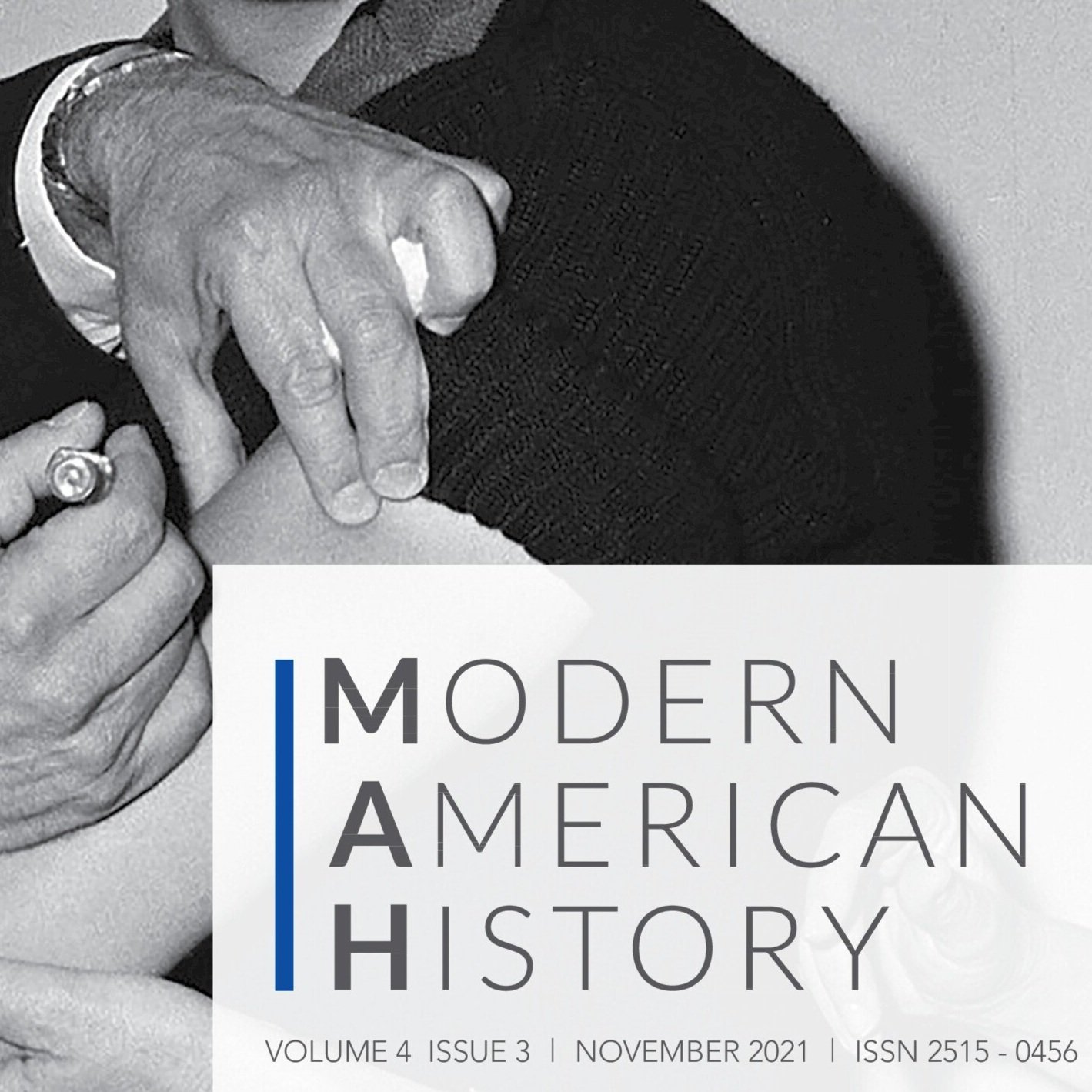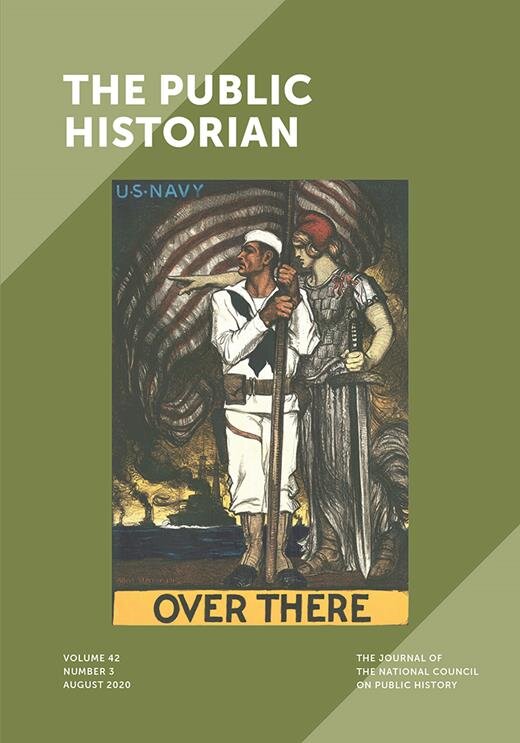"Chile Legalizes Same-Sex Marriage at Fraught Political Moment"
”The legalization of same-sex marriage in Chile comes as the country grapples with sweeping demands for social change.”
"What Will It Take to Build a Mass Movement for Abortion Rights?"
”It’s time to turn a committed core of supporters into a force capable of reclaiming what has been lost.”
"The Christian Legal Army Behind the Ban on Abortion in Mississippi"
”The Alliance Defending Freedom has been laying the groundwork to end legal abortion for years. But that’s just the beginning.”
Gillian Frank, "The Abortionist"
“Published in 1961 by Kozy Books, Aaron Bell’s The Abortionist was one of many low-priced paperbacks flooding newsstands across the United States and Canada. In the early 1960s, audiences could find condemnations of abortion competing for space with increasingly sympathetic and nuanced treatments of abortion providers and seekers—depictions that spoke to the growing public fissures over sex and reproduction. The Abortionist encapsulates these divides, oscillating between condemnation and compassion for abortion seekers while giving no quarter to abortion providers.”
Lisa Duggan, "Me Too Déjà Vu"
”The 1980s sex wars are most strongly associated with conflict over pornography. But a central component, often lost in present-day recollections, was a debate over the politics of queer desire.”
Joseph J. Fischel, "Pornography’s Contradictions"
”Porn performers and artists possess a unique vision for what labor justice and erotic fulfillment could look like, but they’re fighting uphill against draconian regulation and exploitative work conditions.”
Article Spotlight
Stephen Colbrook, “Why Pandemics Matter to the History of U.S. State Development,” Modern American History 4, no.3 (November 2021): 315-333. https://doi.org/10.1017/mah.2021.26
Covering diseases from Influenza to polio to HIV/AIDS, this article argues that the history of pandemics deserves to figure more prominently in accounts of the twentieth-century American state. Returning the state to the study of modern epidemics and bringing public health governance back into our discussion of state-building over the last century, it argues that pandemics offer a particularly revealing window into the contested boundaries of government authority in the American federal system. By the closing decades of the twentieth century, public health was one of the few policy areas where the legal constraints of federalism continued to prevent the national government from taking a leading role. Far outpacing the central government in terms of spending and legislative activity on infectious disease control, state and local authorities often diverged markedly in their approaches to managing the spread of contagion. As a result, federalism repeatedly and decisively shaped the course of twentieth-century pandemics.
To read more, click here.
Episode Spotlight
How do you come out in a religious community that loves you conditionally? What do you tell yourself about your faith and your desires when your Church views your sexuality as disordered? In this episode of Sexing History, we focus on the experiences of three gay men who were priests or seminarians in the St. Louis diocese beginning in the 1990s. Their overlapping stories, their friendships, their faith, and the ways in which they came out to themselves and each other within Catholic institutions, speak to the intertwined histories of desire and devotion.
For more, listen here.














































































